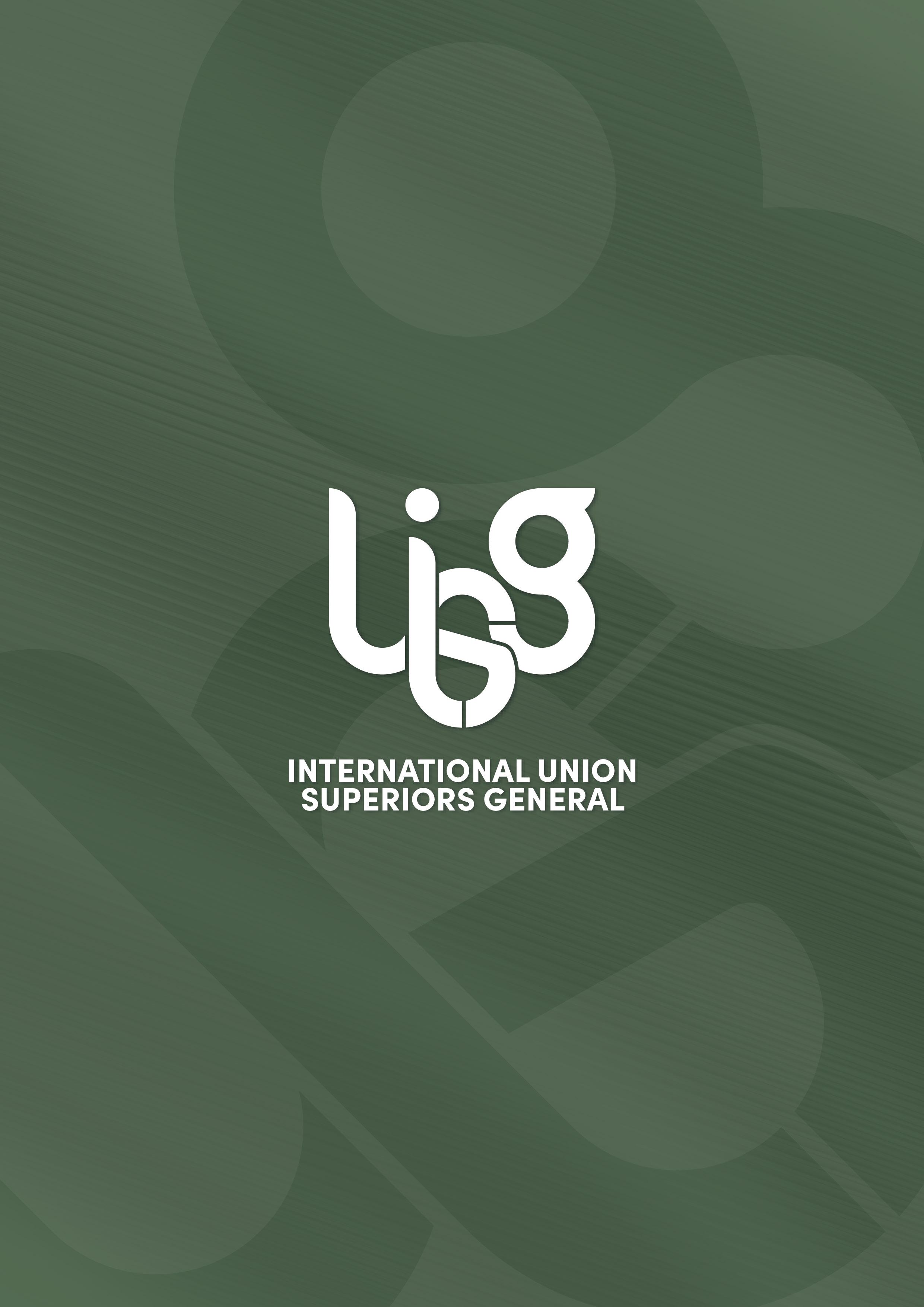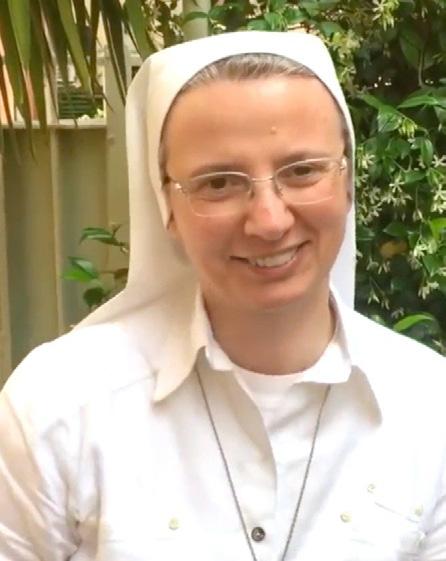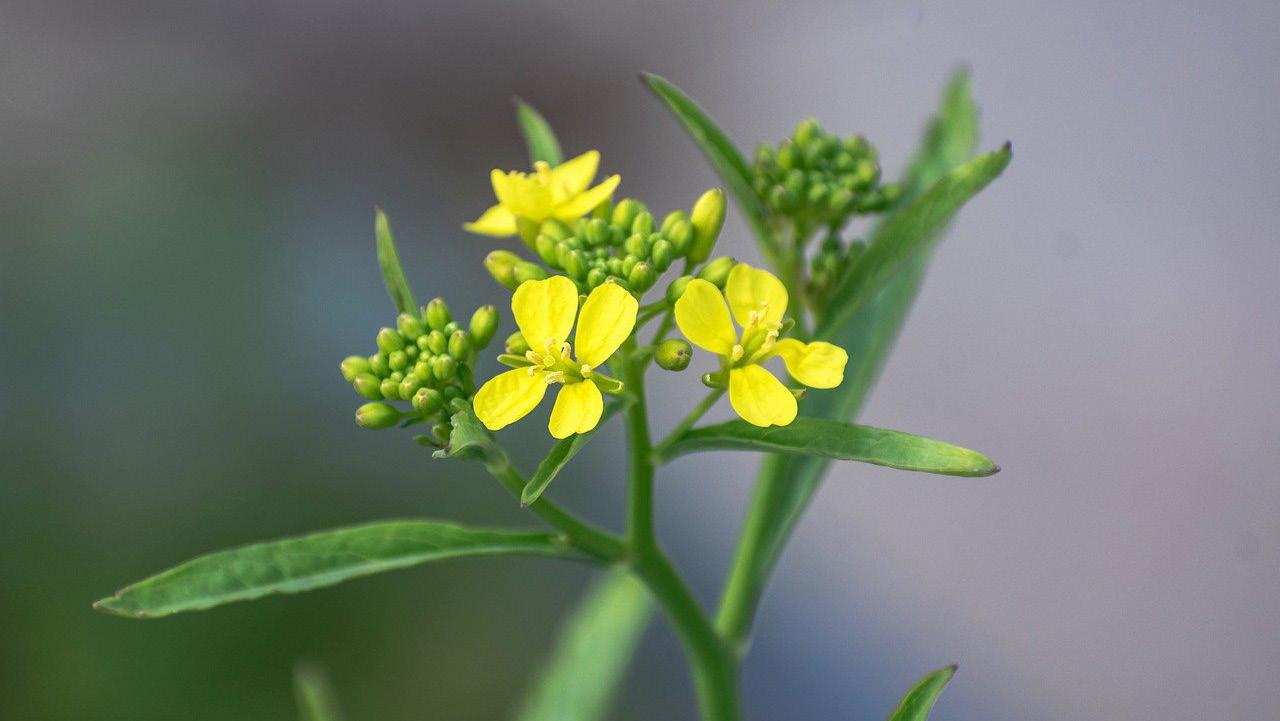THE REVOLUTION OF TENDERNESS

Number 183- 2024


Number 183- 2024
The theme of tenderness returns several times in the magisterium of Pope Francis. In his first homily, at the beginning of his pontificate (19 March 2013), he stated: “We must not be afraid of goodness, of tenderness!” And later, in the Apostolic Exhortation Evangelii gaudium, in which he refers to tenderness 11 times, he writes: “The Son of God, by becoming flesh, summoned us to the revolution of tenderness.” (EG, no. 88).
In a world of hardened hearts, which contend in small and large daily conflicts or face each other in bloody and futile wars, how much we need someone to circulate a little tenderness in our poor humanity! In every sphere of existence, from family to religious life, from politics to society, from education to finance, an attitude of loving care and tenderness changes things. Because tenderness has a “revolutionary nature”, as Pope Francis says again (cf. EG, no. 288), it creates relationships based on care and love. Tenderness is simply love made sensible, expressed in small things, in humble, and often hidden gestures.
God himself is tenderness. We do not believe in an ordinary deity. We believe in God the Father. We are beloved children. In Jesus, God the Father loves us tenderly and takes care of us. By welcoming the tenderness of His love, we too learn to do those small gestures that reach the heart of our neighbour and kindle in them the love for the Lord and for His creatures.
The synod of the small seed
Sr. Simona Brambilla, MC
Communion is a gift from the Lord, who humbly asks to be received in the terrain of our heart and our relations. This gift has come down to us. Like a very little seed. Without any sound. Like a gentle breeze; like the morning dew; like the moonlight that refreshes, unites, and consoles, without blinding. At a certain moment, with a start of surprise, we became aware of its presence: the seed was there, within us and among us, and it showed itself in heartfelt smiles, in respectful words of truth, in the candies that someone brought and shared, in our spontaneously starting to call one another by our baptismal names, making do without titles, functions, and roles that perhaps indicate each individual’s different and essential functions, but fail to grasp the individual’s innermost identity.
Estrella Mariana Rodríguez Rodríguez, VDMF
In the audience he offered to the participants in the Congress entitled “Theology of Tenderness in Pope Francis,” held in Assisi from September 14-16, 2018, the Holy Father pointed to the need for a theology that arises from knowledge that is existential, not abstract, founded on the encounter with the Word made flesh. A theology that helps to understand and communicate that God’s action in human beings is personal and concrete, and that the transformation of each person’s being takes place in a journey of dialogue, affection and communion with the God whose love touches the heart. Francis calls this theology, a “theology of tenderness”.
Sr. Alessandra Smerilli, FMA
In a speech on the 50th anniversary of Populorum Progressio, Pope Francis said: “The duty of solidarity obliges us to seek just ways of sharing, so there may not exist that tragic inequality between those who have too much and those who have nothing, between those who reject and those who are rejected. Only the path of integration among peoples allows humanity a future of peace and hope.” How might we transform finance in ways that dismantle the profit maximizing logic of a technocratic paradigm, and focus on fostering attitudes of solidarity and integration among peoples?
Sr. Mercedes Méndez Siliuto, RA
The digital culture has fostered a sense of community, interconnecting us to other communities and/or provinces of our congregations, and by allowing us to exchange news, experiences, resources, concerns, joys, hopes... but it also involved other Church institutions and the whole People of God in this process. Now more than ever, we can really share, shape, celebrate and engage our faith together. Online meetings have not only allowed for spaces for fraternal sharing, but also for increasingly used spaces for research and discernment that make synodality possible. However, to create a common digital culture, it is necessary to create a culture of communication, that is, a desire not only to receive information and resources from others, but also to generate content of my own: sharing experiences, resources, and thoughts.
The contribution of teaching to the quality of education.
The student-centered approach
Angela Rinaldi PhD
Today we are witnessing changes of various types that are due to causes ranging from technological progress to social change to political issues (e.g. wars, pandemics, and humanitarian crises) to economic considerations. Nevertheless, the aspiration of every human being remains that which Paul VI affirms in Populorum progressio: “Today we see men trying to secure a sure food supply, cures for diseases, and steady employment. We see them trying to eliminate every ill, to remove every obstacle which offends man’s dignity. They are continually striving to exercise greater personal responsibility; to do more, learn more, and have more so that they might increase their personal worth.” (PP 6). It is therefore clear that education plays a fundamental role in the process of growth and development, not only of the individual person, but also for the communities to which every every man and woman belongs.
Sister Simona has a degree in Psychology from the Pontifical Gregory University in Rome. She was the Superior General of the Consolata Missionaries Sisters from 2011 to 2023. Since 7 October 2023 she is Secretary of the Dicastery for Institutes of Consecrated Life and Societies of Apostolic Life, the first woman to hold this position.
The following remarks were presented by Sr. Simona to the Assembly of the UISG Rome Constellation (Rome, 9-11 January 2024), and it was published in the magazine “Andare alle genti” of the Consolata Missionaries Sisters

«With what can we compare the Kingdom of God? Or what parable will we use for it? It is like a mustard seed, which, when it is planted in the earth, is the smallest seed in the world. After a while it grows up and becomes the biggest of all plants. It puts out such large branches that the birds come and make their nests in its shade.» (Mk 4:30-32)
The appearance of the Paul VI Hall in the Vatican is that of a large dining-room. The round tables are arranged around the Word and the icon of the Mother, the Salus populi Romani, who, as at Cana, with concern and discretion watches over the course of the banquet, guarding the communion, the joy, and the feast. Seated at the table of the Word, which echoes in the Scriptures and in the voice of the other, are more than 400 people coming from the 5 continents and from all walks of life in the Church – cardinals, bishops, priests, deacons, consecrated men and women, lay men and women – who are all united by what profoundly makes them brothers and sisters, beyond ever role, title, function, service, or responsability: the Baptism, immersion in Christ, the call to be a Christian! This is my recollection of the first session of the XVI Assembly of the Synod of Bishops that took place from 4 to 28 October 2023.
Simona Brambilla, MCThe synod of the small seed
Sr.I was blessed to to be able to participate. Completely unexpected, this blessing was something that I gradually came to understand in its dimension of novelty, of benediction, and of light as the work of the synod went forward. The ecumenical prayer vigil “Together” that took place in St. Peter’s Square on 30 September, the days of spiritual retreat at Sacrofano from the evening 30 September to the evening of 3 October, the eucharistic celebrations in St. Peter’s Basilica at the start of the Assembly, at the opening of every new thematic module and at the conclusion of work, the daily liturgy with its refined simplicity, the atmosphere of prayer, respect, and cordial reception, the dialogue marked by “conversation in the Spirit”, with its spaces of silence, reverent listening to the other, and personal meditation – all of these things favoured reciprocal recognition, freedom of expression, reflection, and the re-elaboration of one’s life and thoughts, which were touched, illuminated, and elicited by the life and thoughts of the other. This made possible the development of a process of insight that progressively led the Assembly to identify points of agreement, questions to face, and proposals that were approved by a very wide majority and accepted in the Concluding Statement.

Beyond the approved contents, which are offered to all the People of God as material for further reflection during the period that separates us from the second session of the Assembly (October 2024), the human and spiritual climate that was created among the Synod’s participants during their month of working together constitutes, in and of itself, an extraordinary gift that absolutely deserves to be taken to heart and made the source of growth by those who have received it and the whole of the Church. Communion is a gift from the Lord, who humbly asks to be received in the terrain of our heart and our relations. This gift has come down to us. Like a very little seed. Without any sound. Like a gentle breeze; like the morning dew; like the moonlight that refreshes, unites, and
Sr. Simona Brambilla, MCThe synod of the small seed
consoles, without blinding. At a certain moment, with a start of surprise, we became aware of its presence: the seed was there, within us and among us, and it showed itself in heartfelt smiles, in respectful words of truth, in the candies that someone brought and shared, in our spontaneously starting to call one another by our baptismal names, making do without titles, functions, and roles that perhaps indicate each individual’s different and essential functions, but fail to grasp the individual’s innermost identity.
Men and women baptized in Christ who recognize, listen to, and communicate with one another, and, even though seated in this very special dining-hall, walk together. Together in the working groups (Circuli Minores), which are different for each of the themes that the Instrumentum Laboris proposed. Together in the plenary assembly (General Congregation), they listen to the report of every group and that of anyone who wished to share a personal contribution with everyone.

Together with Pope Francis, seated at one of the tables, during the plenary assemblies, listening, listening, listening … and every so often making his own brief, incisive, sober, clear, and encouraging contribution. Together with so many brothers and sisters in the pain caused by war, by absurd, violent, and malevolent powers that are trying in every way to uproot and remove from our hearts and relationships the seeds of Good. We carried these seeds with us in our prayers, in our time spent together, and in solidarity with the brothers and sisters of the Synod who come from places and situations that are particularly marked by these powers of death. We know that the small seed of the Kingdom possesses in itself the extraordinary tenacity of resurrection, the extremely meek force of the Lamb who passes through death and defeats it from within, the humble power of the grain of wheat that falls to earth, is buried, and dies so as to bear fruit.
In the concluding page of the Report of Synthesis for the first session, the Synod’s assembly spoke in these words:
«Jesus chose to speak in parables in order to announce the Kingdom of God. He found images to speak of the mystery of God in the ordinary experiences of human life: the natural world, the workplace, elements of the everyday. In this way, he let us know that the Reign of God transcends us yet is not distant from us. Either we see God’s Reign in the things of this world, or we will never see it. Jesus saw his own destiny represented in a seed falling to the earth, something of no value or significance destined to decay, yet possessing the dynamism of life, a dynamism that is unstoppable, unpredictable, Paschal. This is a dynamism destined to give life; to become bread for many; bread destined to become the Eucharist.
Today, in a culture where people struggle against one another for dominance and become obsessed with what is visible, the Church is called to echo the words of Jesus, to bring them to life again in all their potency.
“With what can we compare the kingdom of God? Or what parable will we use for it?” Our Lord’s question throws light on the work that now lies ahead of us. It is not a matter of dispersing ourselves over several fronts, reducing everything to a logic of efficiency and proceduralism. Rather, it is a matter of grasping, among the many words and proposals of this Report, what appears as a small seed, yet one that bears the future, and of imagining how to bring it to the soil that will enable it to grow and mature for the benefit of many.»
(XVI Ordinary General Assembly of the Synod of the Bishops, I Session, Summary Report, Vatican 28 Octobe 2023, p. 36).
So, good work to all! Searching for the small seed not only in the work of the Synod here, but also in each of us, in the other, in the community, in the Church, in the peoples, in the world, so as to commit this seed to the fertile earth of our humanity and allow God to make it grow into a tree that can host «everyone, everyone, everyone»! (Pope Francis, Speech on the occasion of the XXXVII World Day of Youth, Lisbon, 3 August 2023).